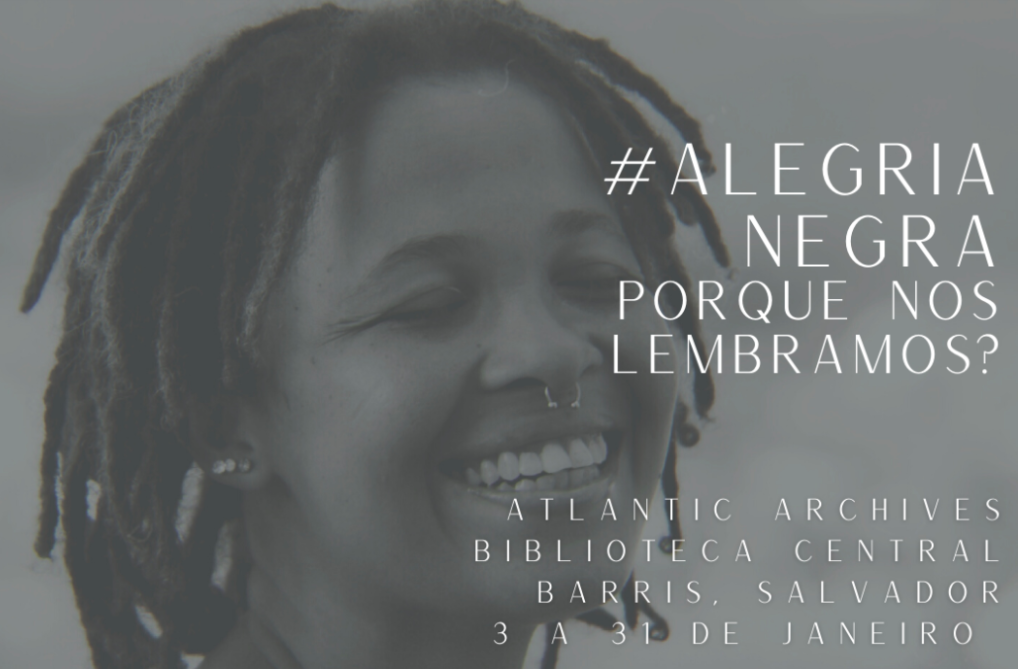It’s a busy time here in Salvador da Bahia, Brazil. Summer is in full swing, there is a presidential election approaching, and the holiday season, including the world famous carnival, is on the way.
For me, however, I am most excited (and a little overwhelmed) by the upcoming exhibit commemorating my transnational project, The Atlantic Archives. We will ring in the new year with a public exhibit at the Central Library of Salvador.

The Atlantic Archives defines itself as a transnational community organization that supports historically marginalized groups in Brazil and the United States with sharing and preserving their histories. For the month of January, we present a full exhibition of over 50 works from the network of community archival projects.
Two underlying concepts guide the exhibition: independent archives and diasporic networks. Independent archives are constituted by the necessary registration of the lives of members of our society who are too often victims of necropolitical systems. This urgency calls for the subjectivity to create archives of both the past and the future. Secondly, it emphasizes the importance of diasporic networks to decipher and subvert the postcolonial fugue state that separates African descendants in the diaspora.

The show will feature archival images of Black domestic workers from diasporic communities, linking them with Black religious communities and more groups whose stories have gone unrecorded.

One of the groups featured is Afro Baianandades. This new archive presents the memory work Black trans artists in Brazil.
The discourse that arises from the diverse collection of documentation, fine art, ephemera, and artifacts can be framed within the discourse around intersectional, working-class transnational solidarity in the Black diaspora that I like to call “a dialogue from below”.
I’ll be linking more information from the exhibit as we race to get ready for the January premiere, including ways that you can dialogue with the Black Brazilian public virtually.
Follow Atlantic Archives on Instagram.









